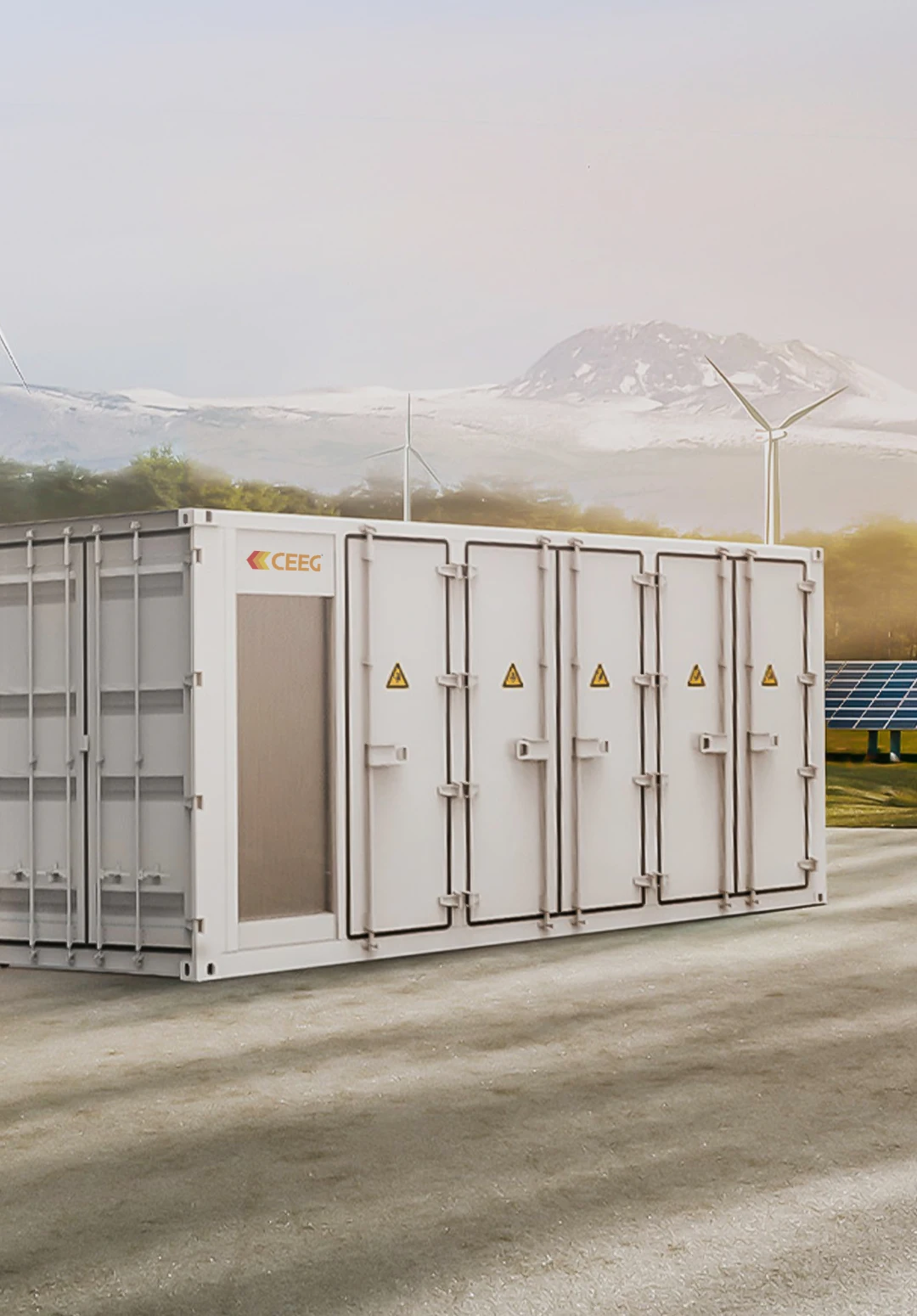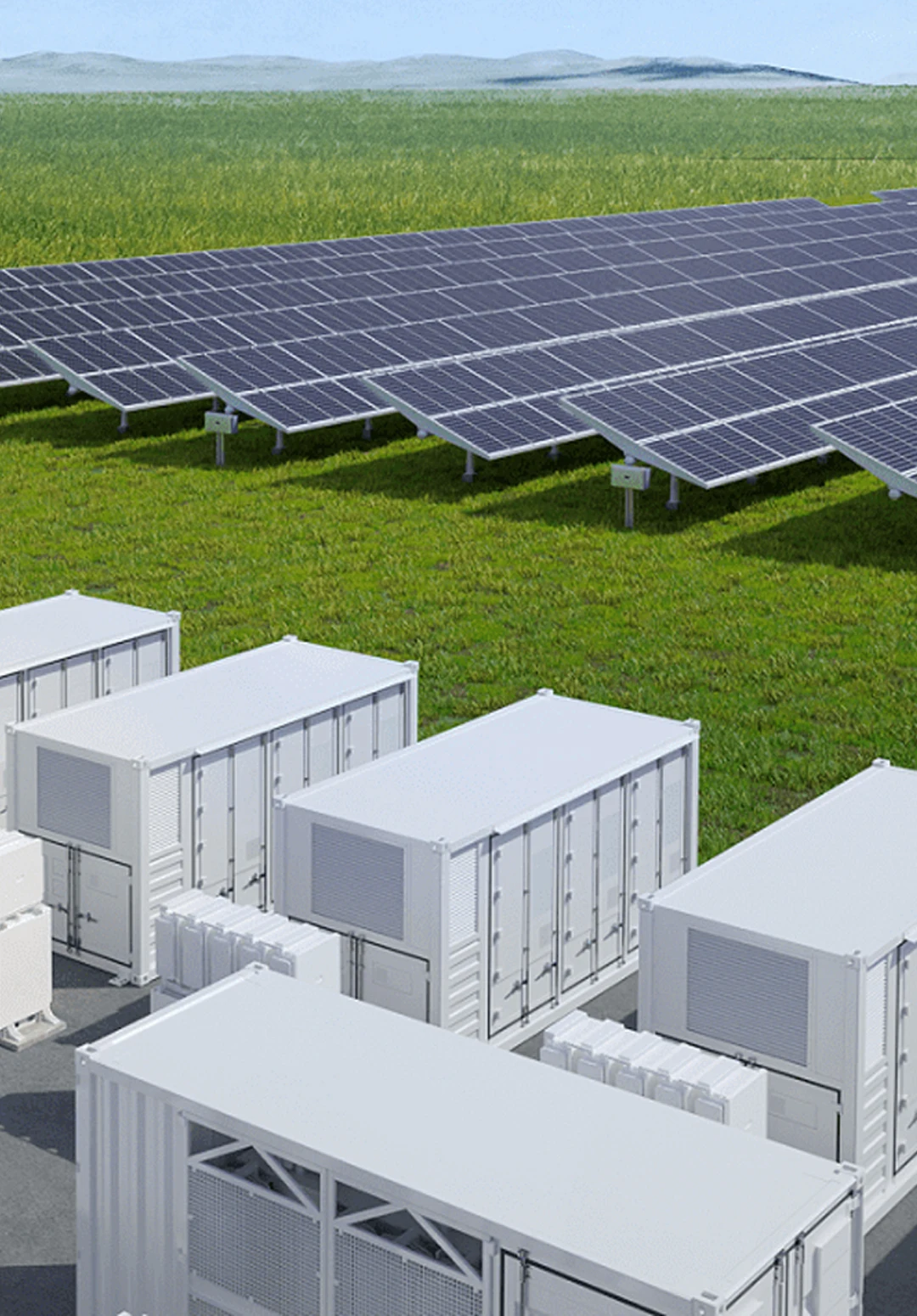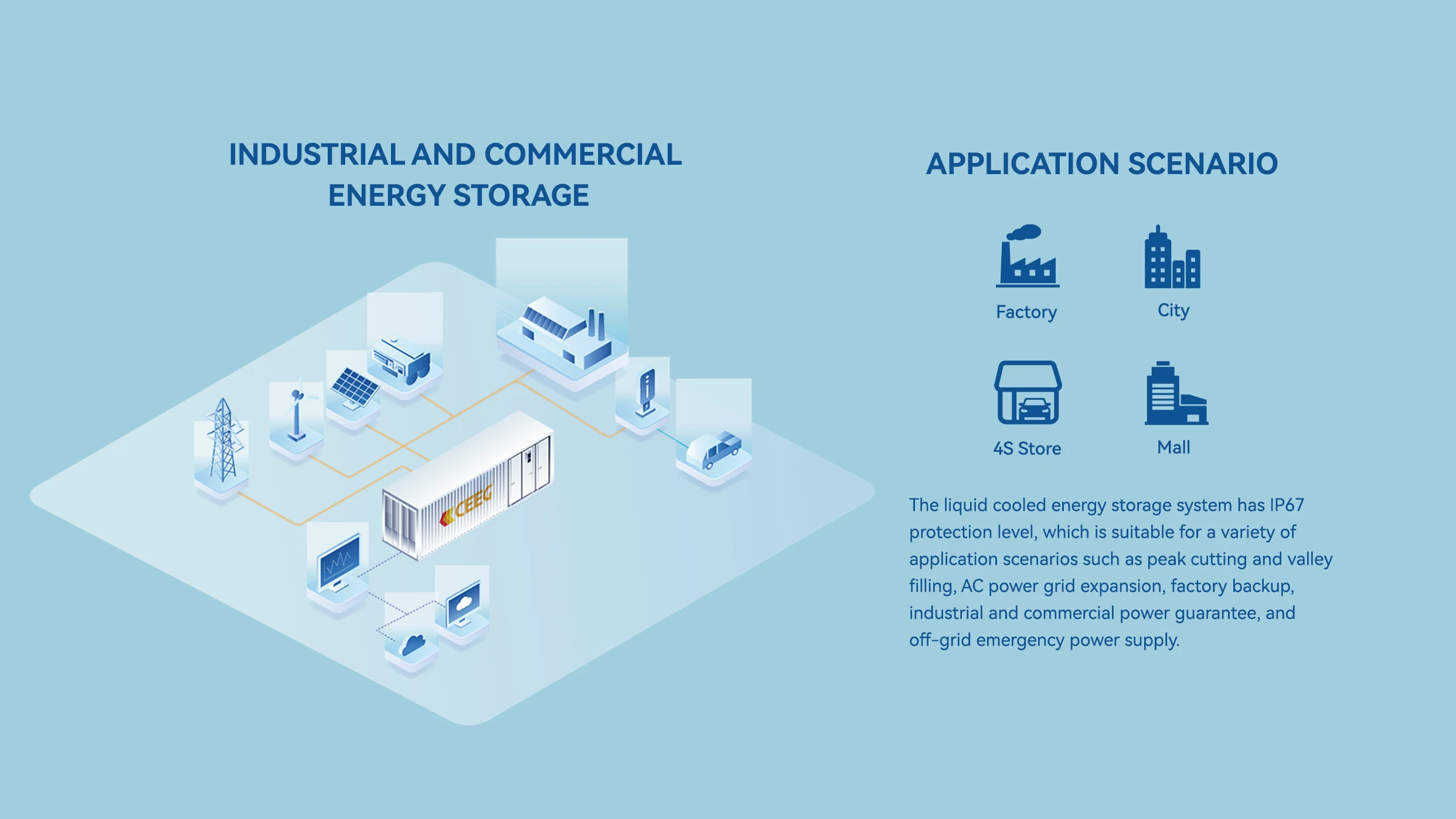•Liquid-cooled containerized energy storage is a type of energy storage system typically used to store electrical energy or other forms of energy for backup power or grid management needs.
•The distinctive feature of this system is the utilization of liquid cooling technology to maintain the temperature of energy storage equipment, thereby enhancing efficiency and performance.
•This technology combines energy storage capabilities with liquid cooling solutions to ensure the efficient operation of the storage equipment.
• It finds wide-ranging applications in the electricity industry and the integration of renewable energy sources, contributing to improved reliability and sustainability of power systems.
•The distinctive feature of this system is the utilization of liquid cooling technology to maintain the temperature of energy storage equipment, thereby enhancing efficiency and performance.
•This technology combines energy storage capabilities with liquid cooling solutions to ensure the efficient operation of the storage equipment.
• It finds wide-ranging applications in the electricity industry and the integration of renewable energy sources, contributing to improved reliability and sustainability of power systems.
•Our containers come in standard 20′, 30′, and 40′ sizes and can also be tailored to fit your specific system and space constraints.
•The battery compartment, equipped with A-grade batteries, is perfectly suited for energy storage needs in photovoltaic and wind power projects, ranging from 1MW/2MWh to 2.5MW/5MWh
•A battery storage system can be charged by electricity generated from renewable energy, like wind and solar power. Intelligent battery software uses algorithms to coordinate energy production and computerized control systems are used to decide when to store energy or to release it to the grid.
•Container energy storage system has the characteristics of simplifying infrastructure construction costs, short construction cycle, high degree of modularization, convenient transportation, and installation
•Energy companies: Including power companies, energy suppliers and energy traders, energy storage systems are needed to balance grid loads, improve energy utilization and support the integration of renewable energy.
•Industrial enterprises: Including manufacturing, mining, chemical and other industries, energy storage systems may be needed to smooth peak energy consumption, improve energy utilization efficiency and ensure production stability.
•Power equipment manufacturers: Includes manufacturers of power generation equipment, power electronic equipment, and energy storage equipment who require energy storage systems to test and demonstrate their products.
•Grid operators: Including power transmission and distribution grid operators, energy storage systems are needed to improve grid stability, manage grid loads and support grid dispatch.
•Cities and Communities: Including cities, communities and building managers who need energy storage systems to support renewable energy integration, smart energy management and respond to energy supply disruptions.
• Electric vehicle manufacturers and charging facility providers: Energy storage systems are needed to support the construction and operation of electric vehicle charging infrastructure.
• Scientific research institutions and universities: Energy storage systems are needed to conduct energy research and experiments and test new technologies and solutions.
•Industrial enterprises: Including manufacturing, mining, chemical and other industries, energy storage systems may be needed to smooth peak energy consumption, improve energy utilization efficiency and ensure production stability.
•Power equipment manufacturers: Includes manufacturers of power generation equipment, power electronic equipment, and energy storage equipment who require energy storage systems to test and demonstrate their products.
•Grid operators: Including power transmission and distribution grid operators, energy storage systems are needed to improve grid stability, manage grid loads and support grid dispatch.
•Cities and Communities: Including cities, communities and building managers who need energy storage systems to support renewable energy integration, smart energy management and respond to energy supply disruptions.
• Electric vehicle manufacturers and charging facility providers: Energy storage systems are needed to support the construction and operation of electric vehicle charging infrastructure.
• Scientific research institutions and universities: Energy storage systems are needed to conduct energy research and experiments and test new technologies and solutions.
 Search
Search
 EN
EN








